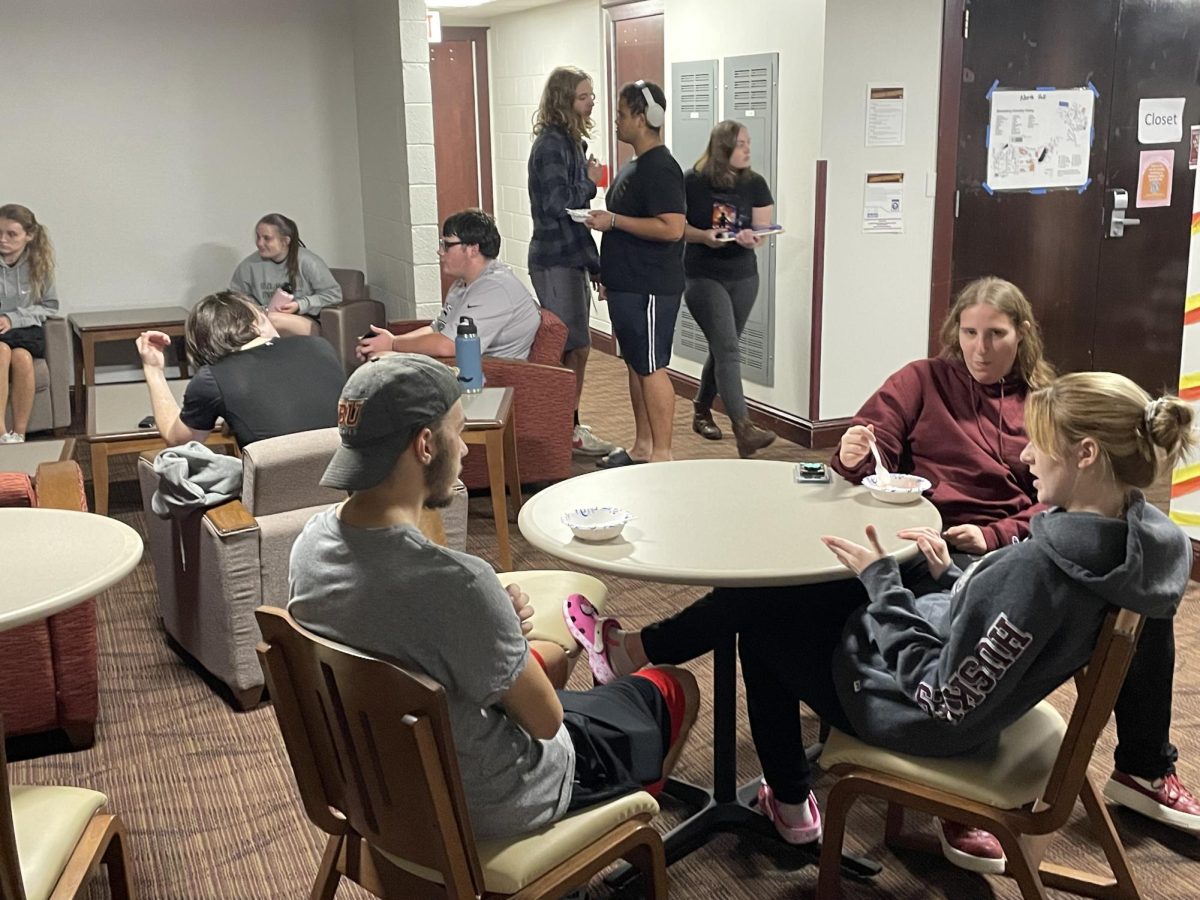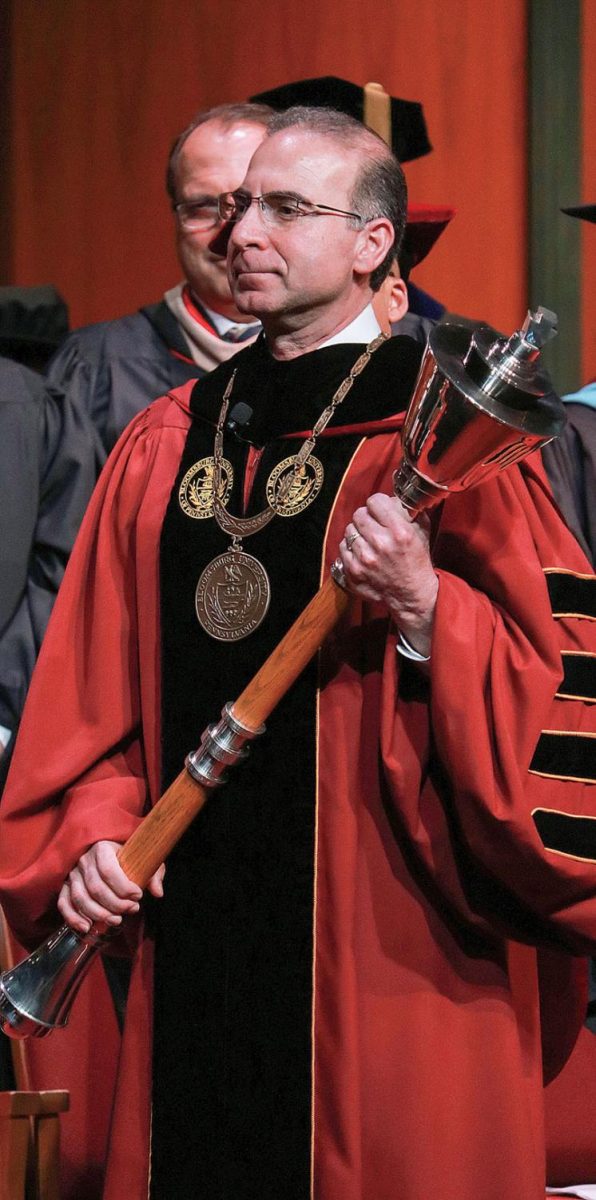Two years ago, upon the arrival of the Class of 2025, Bloomsburg University required first-year students to live on campus for their freshman and sophomore years. The university lost money within the pandemic setting and is potentially generating revenue back since then to make up for lost time.
Since then, numbers have been dropping due to lack of enrollment but the numbers this year have caused financial numbers to rise. Amy Cunningham, the Executive Director of Residence Life, explained that the university is not necessarily profiting off the recent mandate, but rather replacing what was lost while benefiting the well-being of the residents.
“There will be a time, I’m hoping to be 100% full.”, said Cunningham.
The pandemic does not give a clear vision to the question: Has the University made more money enforcing that freshman and sophomores stay on campus?
“There isn’t a great deal of wealth that residence life is making”, said Cunningham.
Despite what the university is making, opinions vary across students staying another year.
Sierra Duardo, a junior education major who lived on campus for two years, said “I enjoyed being so close to campus and my classes. It was nice because all my friends were still within walking distance.”
She explained that it may seem bad at first, but can actually be a great experience. A downfall is that it can more costly than most off campus housing.
Housing revenue over time
According to BU housing charges from 2023, the University has generated $10,732,866.60 in fall housing charges and $9,725,726.23 in spring housing charges provided by Right-to-Know Officer, Mary Lezendy. Along with other fees, charges, and revenue, the overall total charges for 2023 is $20,818,460.09.
This number has gone up from a down slope the last three years, a wide-span effect of the COVID-19 pandemic. The University still has plenty of other fees to take cover for along with this like electric, water, heating, salaries, benefits and more to take care of continued Cunningham. Plenty of amenities constantly need to be taken care of which takes away more money. The executive director shared, “We are not making a ton of money with this two year residency requirement because there is still money going out.”
Due to the many abrupt changes throughout the entirety of the pandemic, numerous students went home or needed other housing which caused the University to lose a lot of money. The overall total housing charges for previous, declined years (including extra fees, charges, and other charges) was $17,419,253.02 in 2022 and $12,710,407.60 in 2021 according to public records.
The effect of COVID-19 on student housing
In 2020, the end of freshman year was stripped away from the incoming Class of 2023 around the end of March. All students were sent home, with an unforeseen future for their college career. Students were reimbursed part of their housing payment in March 2020.
As for students who had no home to return to, the campus provided housing elsewhere including upper campus, Soltz Hall and into Advantage Student Housing in the summer without any extra fees according to Cunningham. These students had the chance to move out the dorm, once the campus shutdown, into an apartment area without paying any extra money. This was credited to the residence life department’s overall goal to ensure the health and safety of the students.
About six months later, the University was once again reimbursing students and granting them a chance to go home. As the mask mandates and codes got stricter, the dorm resident population began to dwindle. Reimbursing nearly full payments unexpectedly makes a large financial impact, especially when the yearly financial process has been interrupted. The reimbursements caused the yearly rates to change. The pre-pandemic freshman class was large, but the money back caused those numbers to drop shared Cunningham.

















